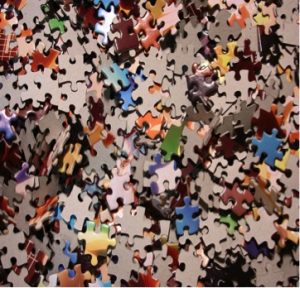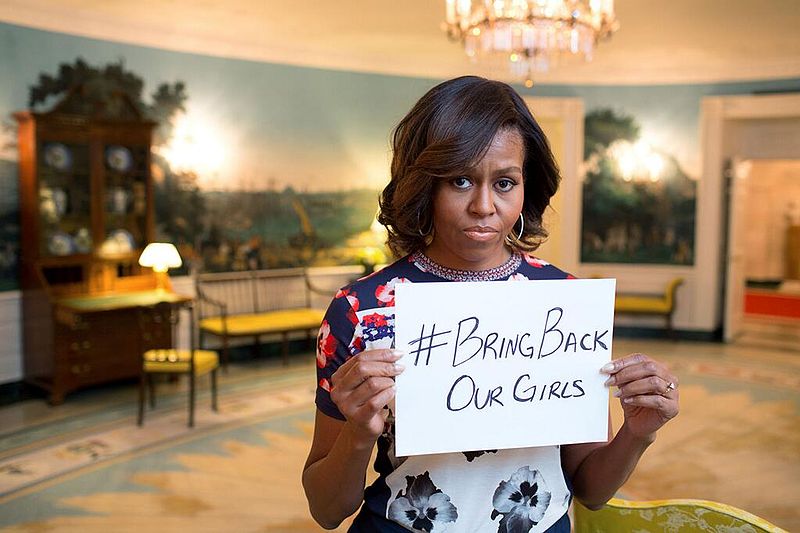By: Park MacDougald
Margaret Thatcher famously stated, “There is no such thing as society. There are individual men and women, and there are families.” Though British, Thatcher’s quote has in a sense been the unifying theme of the last half-century in America. Individualism itself is embedded into our culture; whether embodied by the cowboy or the entrepreneur, the rugged individual occupies a privileged place in the American mythos. Since the 1960s, however, the ideology of individualism has spread into almost every aspect of our lives, shaping how we think about ourselves and our politics.
During the post-WWII decades, America was governed by a general consensus centered around the maintenance of the New Deal welfare state at home and anticommunism abroad. Keynesianism reigned supreme, while in the private sector strong manufacturing and widespread union membership meant that even blue-collar workers enjoyed high wages and relative job security. This era was no utopia, especially given its institutionalized racism, but it was, by and large, a prosperous era for most Americans.
In the 1960s this consensus began to collapse. Bitter social divisions erupted over the Vietnam War and Civil Rights movement. In the realm of culture, the radical Left lashed out against what it perceived as a conformist society and celebrated individual resistance to stultifying cultural norms, while in economics the New Right came to see the welfare state, and the taxes that financed it, as an immoral imposition upon the individual. Milton Friedman dethroned John Maynard Keynes as Grand Poobah of economics, while in the social sciences game theory and rational choice theory taught that humans are little more than rational actors advancing their own self-interest. Any appeal to a collective interest, especially by politicians, was merely a cynical smokescreen. Even the natural sciences, with Richard Dawkins’ The Selfish Gene (1976), suggested that selfishness was written into our very DNA.
As self-interest became the dominant logic, government shifted towards privatization. Of course, the issue of consumer demand never went away. Since the shift, however, demand has been financed not by government spending, but by private credit-card and mortgage debt. As unions – those bastions of socialism – have declined, so too have real wages, and a good job now requires higher education, usually at the cost of even more debt.
In our emotional lives, too, increasing focus on ourselves has led to decreasing satisfaction. Data from the National Institute of Mental Health indicate that nearly half of all Americans will be mentally ill at some point in their lives, the highest rate in the world. According to psychologist Jean Twenge, Americans are now living through an epidemic of narcissism unprecedented in our national history. Though mental illness is generally presented as an individual medical problem, it is, in the words of Jiddu Krishnamurti, “no measure of health to be well adjusted to a profoundly sick society.”
Technology has also helped to amplify our sense of self. While nominally “social,” Facebook and Twitter provide us with perpetual shrines to our own egos, elevating the most banal details to matters of public interest. This is no accident. As media theorist Douglas Rushkoff argues, “we’re not [Facebook’s] customers. We are the product.” We do not pay to use Facebook; rather, market researchers pay Facebook to learn about us, and the more we can be nudged into sharing about ourselves the better. In our professional lives, we are constantly told we must develop our “personal brands” to better advertise ourselves – not just our skills but our personalities as well. We are products asked to sell ourselves.
The sociologists Richard Wilkinson and Kate Pickett argue in The Spirit Level that although Americans are deeply ambivalent about our lifestyles, we feel isolated; we are afraid that no-one shares our concerns. They go on to say, “we have lost sight of any collective belief that society could be different.” We have fallen into what BBC documentarian Adam Curtis calls “the Trap.” Though unhappy (according to Curtis), we have ceased to believe in the possibility of positive political change and withdrawn from politics, and in so doing we have created a self-fulfilling prophecy.
Despite our predicament, all is not lost. Many Americans sense that something is not right; what remains is to channel this gut feeling into political consciousness. Millenials – those born between the early 80s and mid 90s – show remarkable cause for optimism in this regard. Despite the potentially atomizing effects of information technology, generational surveys suggest that Millenials put high value on family, community, and meaningful, rather than high-paying work. A 2010 study from the Center for American Progress claims that “the Millenial Generation is the most pro-government generation,” with an important caveat: we prefer better, rather than smaller government. All this suggests a renewed belief in the importance of the social in addition to the individual. While no one should hope for a return to the 1950s, perhaps there is hope that after 40-odd years in the desert, we have found our political faith once again.

